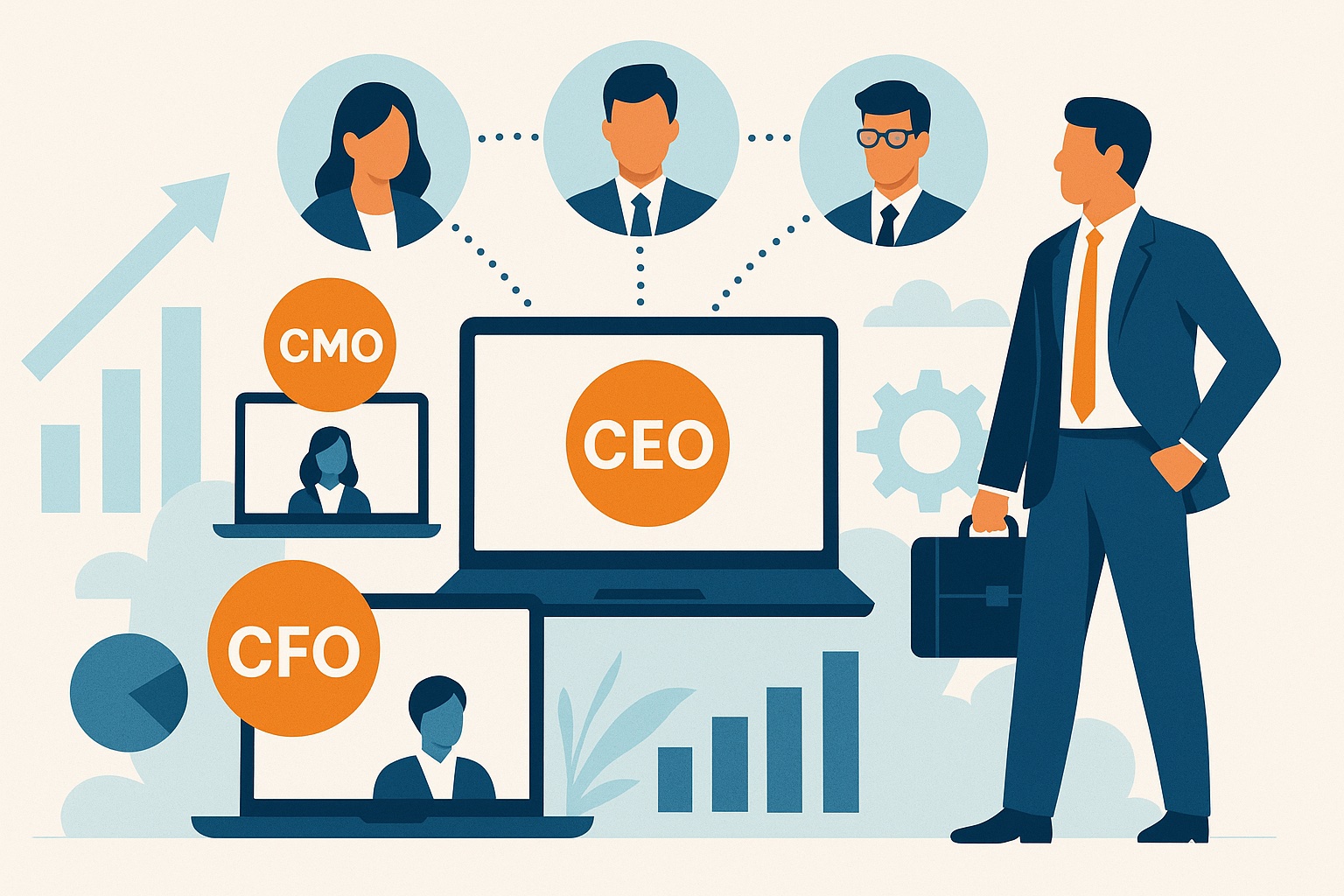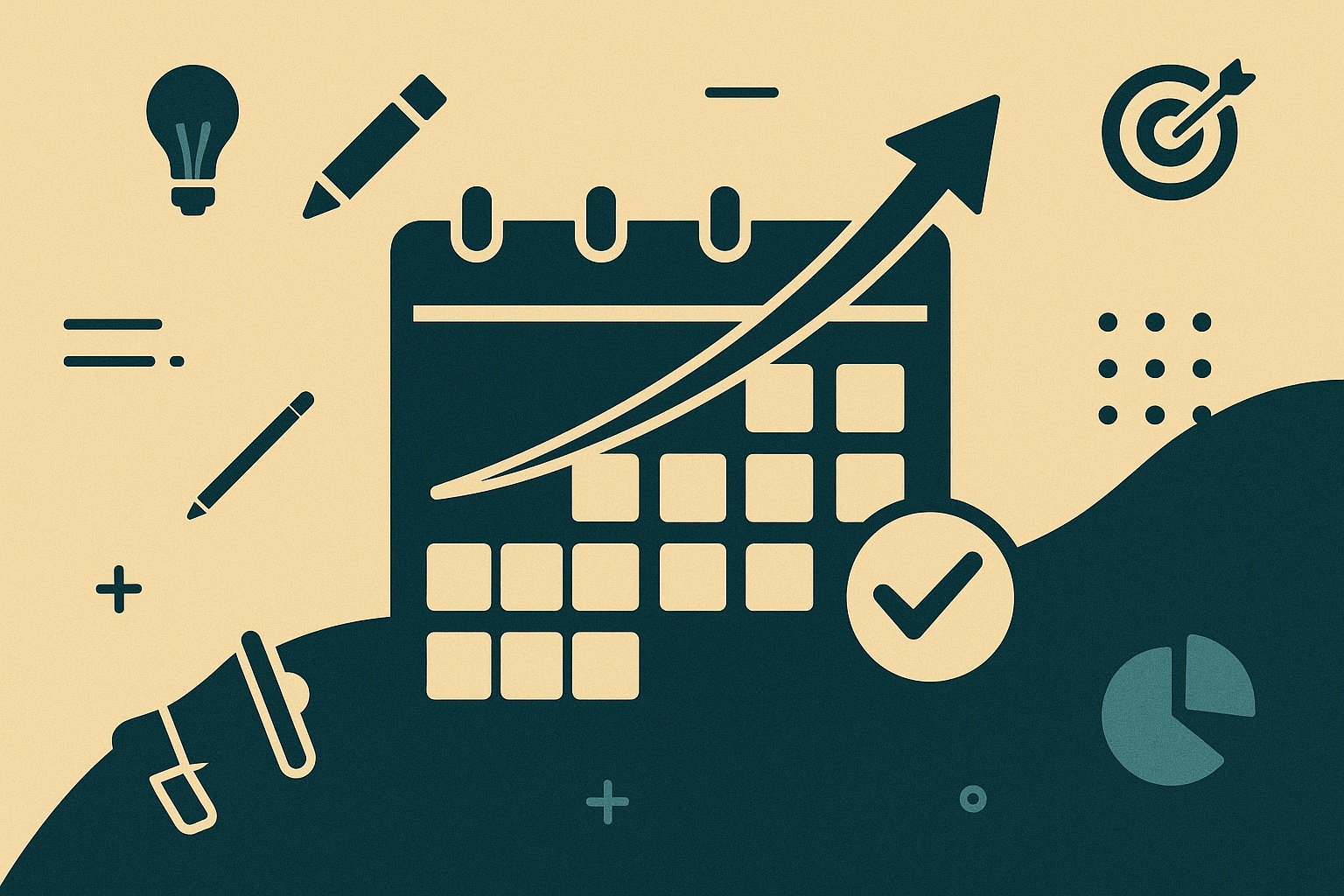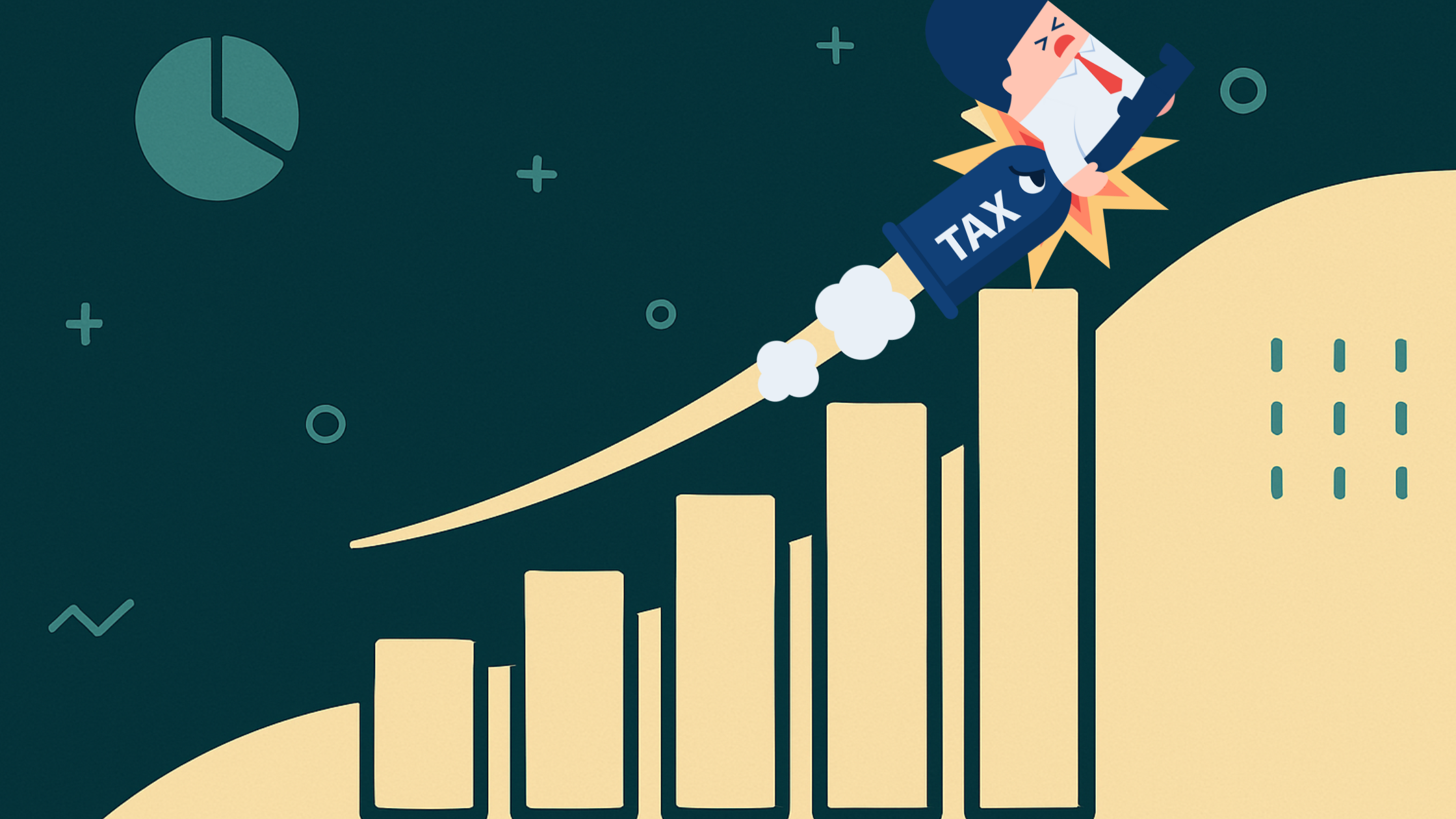
There are a lot of digital marketing techniques to choose from, two of which are PPC and SEO. Both of these techniques are popular, but which one is right for your business?
What is SEO?
SEO stands for ‘search engine optimisation’ and it refers to the practice of optimising a website to improve its visibility and ranking in organic search engine results. The goal of SEO is to increase the quality and quantity of organic traffic to a website from search engines such as Google. With SEO, there is a large focus on keywords, content and links.
What is PPC?
PPC stands for ‘pay-per-click’, which is a type of digital marketing where businesses pay a fee each time their ad is clicked. This allows businesses to display ads on various online platforms, such as search engines and social media platforms, to a chosen target audience. In PPC advertising, businesses bid on specific keywords or target demographics, and the ads are displayed to users who are searching for relevant terms or fit the specified criteria.
The Pros and Cons of SEO
- PRO – Cost Effective – One of the main advantages of SEO is that it’s a cost effective way to reach a large audience online. Though there are upfront costs – as there are with most forms of digital marketing – the ROI of SEO can be impressive when done correctly. The upfront costs involve optimising your website for search engines, but the ongoing expenses are generally low, especially when considering the potential returns from website traffic. SEO is a long term strategy that focuses on building a strong online presence and authority, and the effort that goes into optimising a website can deliver results well into the future. This means that the initial investment you make in SEO can continue to generate returns for your business going forward.
- CON – Results Don’t Happen Overnight – On the other hand, SEO does take time to develop, and results don’t happen overnight. It’s not a quick fix and it takes time to see results, as search engines need time to crawl and index the website before reflecting changes in search engine rankings. It can take weeks, months or even longer to see improvements in search visibility and organic traffic, and it requires ongoing work in the meantime.
- PRO – Generates Recurring Revenue – Another advantage of SEO is that it generates recurring revenue. It attracts organic traffic, improves visibility and increases the chances of conversions and leads through various means, all of which help to generate revenue on an ongoing basis. As long as you continue to work on SEO – and you do so successfully, with a good search engine optimisation strategy in mind – it will help to boost sales, leads and conversions over a long period of time. This is different to a lot of digital marketing techniques, including PPC, which tends to generate revenue only during the time the campaign is running.
The Pros and Cons of PPC
- PRO – Quick Results – Unlike SEO, PPC campaigns can provide instant visibility in search engine results and other online platforms, and the results are instantly noticeable. As soon as your campaign is live, your advertisements will begin to appear in front of your target audience, allowing you to generate immediate traffic and results. There is no need to wait around for your PPC efforts to kick in, nor do you need to dedicate weeks and months of work to the campaign before seeing results.
- CON – Needs a Big Budget – Unfortunately, PPC campaigns can be expensive, especially compared to some the likes of social media marketing and SEO. PPC campaigns require a financial investment from the very beginning. You pay for each click on your ads, and the cost can quickly add up, especially in competitive industries or for popular keywords. If not properly managed, PPC campaigns can become expensive, and the ROI may not always be worth it. Generally, you need a big budget to really get the most out of PPC, especially if you are targeting popular keywords and search terms.
- PRO – Measurable Results – PPC platforms, such as Google Ads, offer tracking and analytics tools, which helps to determine if your campaign has been a successful one. You can easily measure key performance metrics (KPIs) including clicks, impressions, conversions and cost per acquisition (CPA). This data allows you to assess the effectiveness of your campaigns, make data driven decisions and change your strategies for better results. If something isn’t working, you can change it.
- CON – Not Suitable for Every Industry – Though PPC can work well for a lot of industries, there are some sectors where businesses will get more out of other digital marketing techniques. Highly competitive industries often have high costs per click due to competition for ads, meaning PPC may require a larger budget, which isn’t always viable for SMEs and startups. Plus, if your target audience is unlikely to click on ads or is more receptive to other marketing channels, PPC might not be the most suitable choice.
Which One is Best for Your Business?
A lot of businesses are likely to find that both SEO and PPC are beneficial, though choosing which one to focus your efforts on can be difficult. It’s likely going to depend on your resources, expertise and available budget. If you are limited on how much you can spend, SEO could be the better route. If you need results quickly, PPC is likely to be a more suitable option. Luckily, Profici is here to help.
At Profici, we are on hand to help you with all aspects of digital marketing, including SEO and PPC. To find out more about who we are and what we do, get in touch with our talented team.
Latest Posts
-

Outgrown Your Internal Team? How Fractional Executives Can...
Seeing your business grow is hugely exciting, but growth doesn’t happen on its own. Growth...
-

The Rise of Fractional C-Suites: Why 2025 is...
After many, many years, the way businesses are building their executive teams is changing. With...
-

Why Your Business Needs a 12-Month Marketing Blueprint...
Growing a business isn’t easy, let alone one that grows into a sustainable success. There’s...
-

How April’s National Insurance Rises Impacts Your Business...
On the 6th April, a change took place that’s going to affect employers across the...